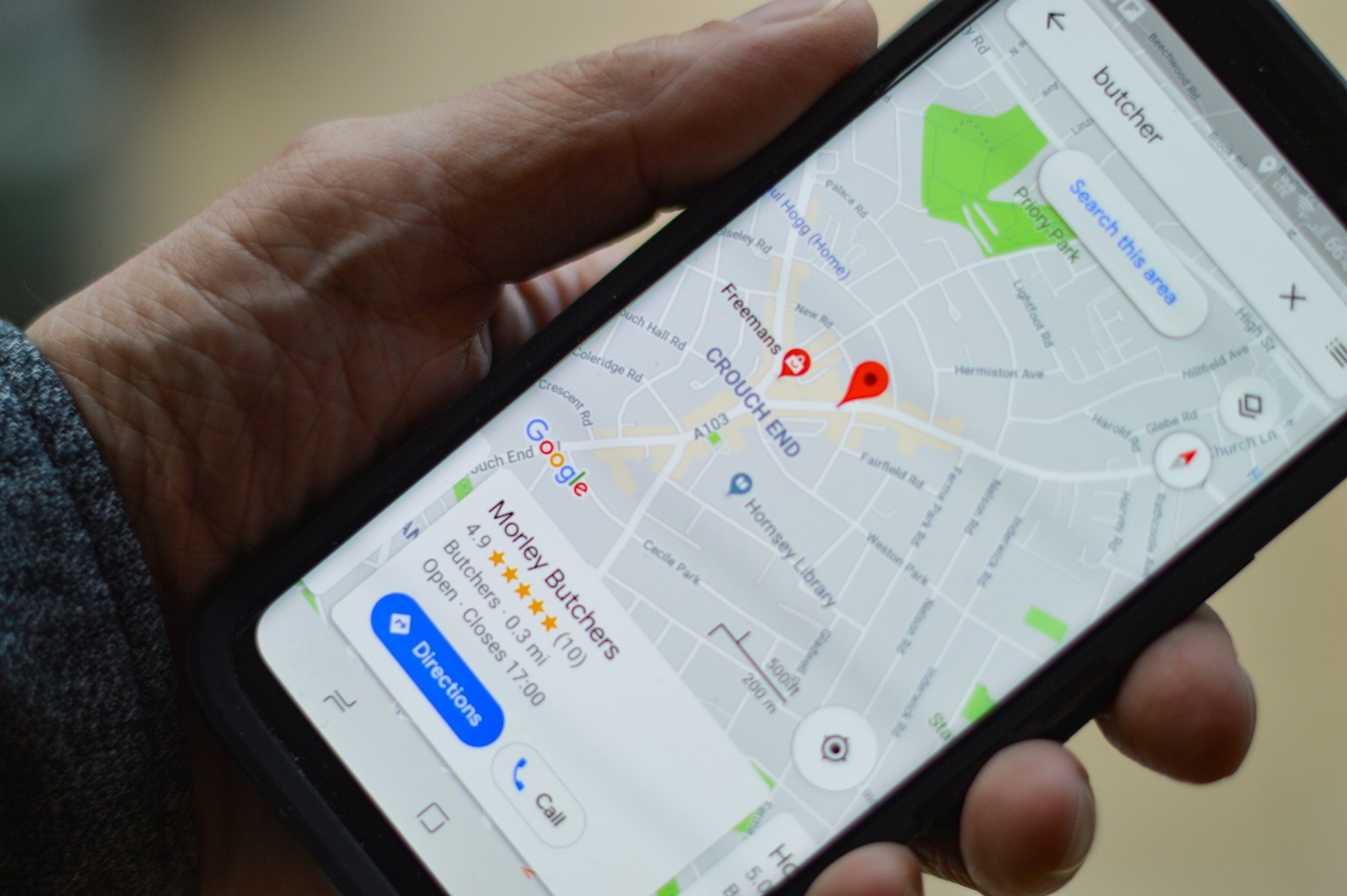Imagine a customer searching “coffee shop near me” on their phone—and finding your competitor instead of you. For small businesses, being visible in location-specific searches can make all the difference in attracting more customers. That’s where local SEO comes in.
Local SEO is essential for ensuring your business shows up when nearby customers are looking for the products or services you offer. In this post, we’ll explain what local SEO is, why it’s critical for small businesses, and how you can use it to grow your customer base.


Local SEO (Search Engine Optimization) is the process of optimizing your online presence to rank higher in local search results. It focuses on connecting businesses with potential customers in their area.
You’ve likely seen local SEO in action. When you search for “pizza near me,” Google displays a map with local pizza shops, followed by a list of nearby businesses. These results are part of Google’s Local Pack, a key feature of local SEO.
For small businesses, local SEO is about making sure your business appears in these searches — whether someone is looking for “Alpharetta bakery,” “Sandy Springs chiropractor,” or “best plumber near me.”
Local SEO offers several key benefits, making it a game-changer for small businesses:
To succeed with local SEO, focus on these key components:
Here are five practical steps to kickstart your local SEO efforts:
Local SEO is a powerful tool for small businesses to increase visibility, attract more customers, and build trust in your community. By focusing on the key components of local SEO and taking actionable steps, you can stand out in your local market and drive meaningful growth.
Ready to enhance your local SEO strategy? Contact Coyote Creative today to learn how we can help your business get found by more local customers.
© 2025 Coyote Creative, All Rights Reserved. Made by Coyote Creative
Proudly serving clients in the Atlanta Metro area, Northwest Arkansas, and nationwide. Meet us for coffee in Atlanta, Alpharetta, Roswell, Milton, Sandy Springs, Bentonville, Fayetteville, Rogers, or Springdale — or meet us online for a virtual chat.